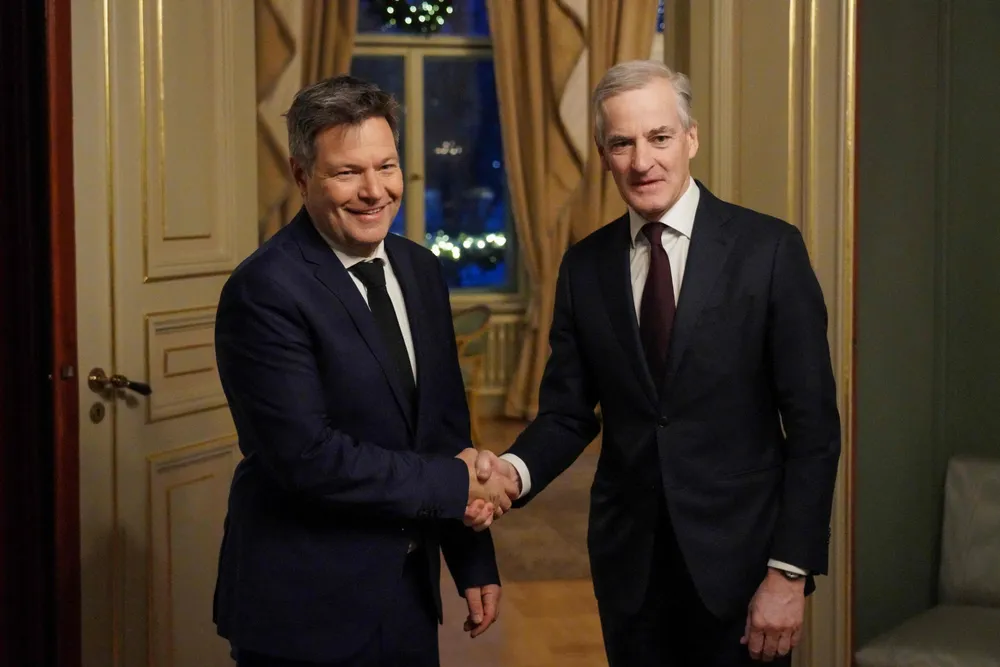'Science fiction-like': Norway and Germany plan to build hydrogen pipeline by 2030
State-owned Equinor aims to send up to 10 GW of blue hydrogen through the pipe from Norway, and Norwegian premier sees the future taking shape

State-owned Equinor aims to send up to 10 GW of blue hydrogen through the pipe from Norway, and Norwegian premier sees the future taking shape
